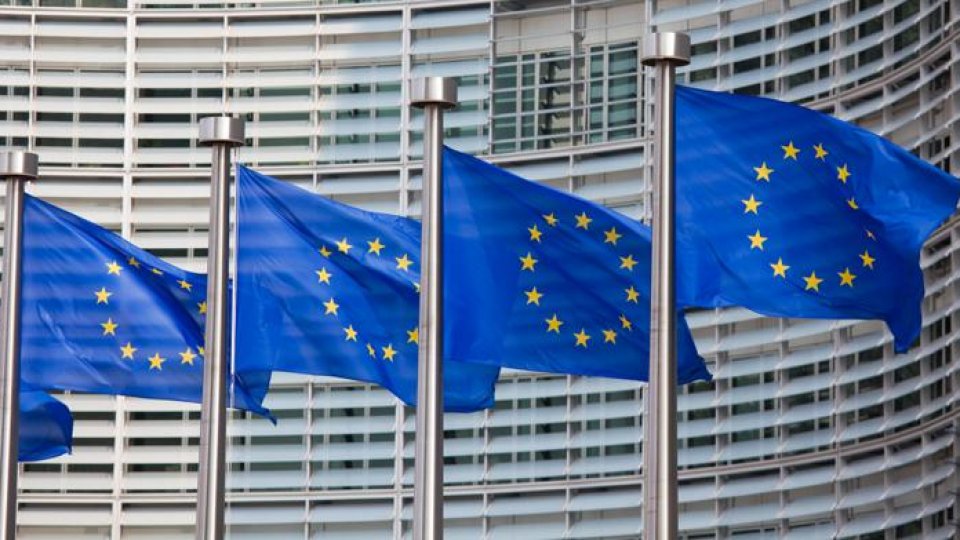EU Presidency : Provision agreement on better protection of workers’ health
Romanian Presidency reaches provisional agreement with the European Parliament on carcinogens and mutagens at work.

29 Ianuarie 2019, 22:09
Romania’s EU Council Presidency and European Parliament have reached today a provisional agreement to reduce exposure of workers to five carcinogenic chemical agents – cadmium, beryllium, arsenic acid, formaldehyde and 4,4′-Methylene-bis(2-chloroaniline)(MOCA).
Agreement will now be submitted to Member States representatives in Council of the EU, for endorsement. When adopted, directive will update existing rules on protection of workers from risks related to exposure to carcinogens or mutagens at work (Directive 2004/37/EC).
Romanian Minister of Labour and Social Justice, Marius Budăi: „Today’s agreement is a further step to protect millions of workers from exposure to carcinogens. Directive, when adopted, will improve the working conditions for workers across the EU and prevent thousands of cases of ill-health at the workplace”.
Provisional agreement sets new limits in line with new scientific and technical data and evidenced-based practices for measuring exposure levels at the workplace. With regard to cadmium, the Commission will assess - after the entry into force of the directive - the option of a further amendment to Directive 2004/37/EC which would add the combination of an airborne occupational exposure limit value with a biological limit value.
When adopted, directive will allow Member States to introduce at national level more stringent binding limit values and does not prevent them from applying additional measures, such as a biological limit value. At the same time, the Commission will assess, no later than the end of the second quarter 2020, the possibility to extend the scope of Directive 2004/37/EC to include a list of hazardous drugs, including cytotoxic drugs which are carcinogenic or mutagenic.
Next steps
Commission presented its proposal in April 2018. On 6 December 2018, Council adopted its position which formed the basis for negotiations with the European Parliament. Provisional agreement will now be examined by the Council’s Permanent Representatives Committee that needs to endorse it. Formal vote in both Council and European Parliament will follow at a later stage.
Source:Romania2019.eu, Consilium














